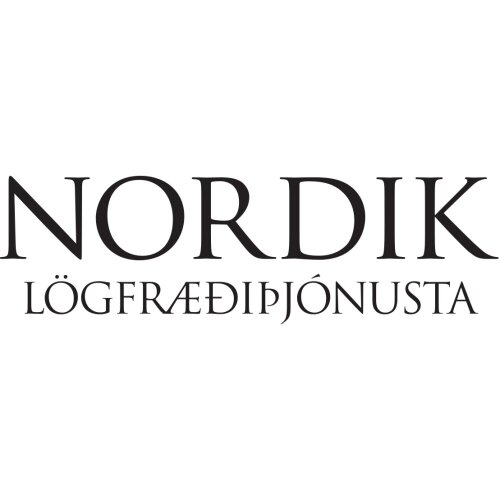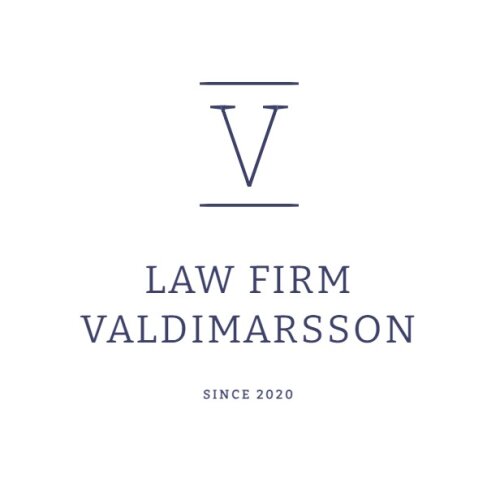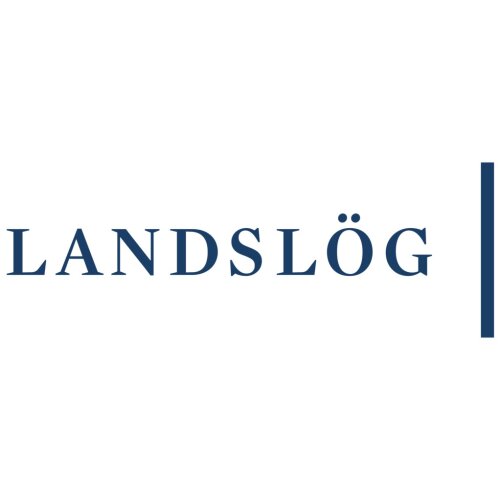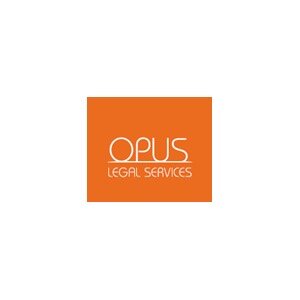Best Employer Lawyers in Iceland
Share your needs with us, get contacted by law firms.
Free. Takes 2 min.
Or refine your search by selecting a city:
List of the best lawyers in Iceland
About Employer Law in Iceland
Employer law in Iceland encompasses a range of legal principles, regulations, and practices that govern the relationship between employers and employees. This area of law addresses workplace rights and obligations, health and safety standards, employee benefits, and the resolution of disputes between employers and workers. Icelandic labor law is shaped by several factors, including local legislation, collective agreements, and European Union directives that have been implemented even though Iceland is not an EU member.
Why You May Need a Lawyer
There are several situations where individuals or businesses might require legal assistance in matters related to employment. Some common scenarios include:
- Drafting and reviewing employment contracts
- Resolving disputes concerning contract termination or unfair dismissal
- Handling issues related to discrimination or harassment in the workplace
- Ensuring compliance with workplace health and safety regulations
- Negotiating terms of employment or redundancy packages
- Understanding rights and obligations under collective agreements or labor laws
Local Laws Overview
The key aspects of employment law in Iceland that are particularly relevant for employers include:
- The Act on the Working Environment, Health, and Safety in the Workplace ensures that working conditions are safe and healthy.
- The Labor Law provides the legal framework for employment relationships, including rules on working hours, rest periods, vacations, and leave.
- Discrimination is prohibited by the Act on Equal Status and Equal Rights of Women and Men, which requires equal pay for equal work among other stipulations.
- Collective agreements may supplement statutory employment law and regulate wages and other labor market issues by sector.
- The Directorate of Labor administers various aspects of employment law and ensures compliance through inspections and enforcement actions.
Frequently Asked Questions
What constitutes unfair dismissal in Iceland?
Unfair dismissal occurs when an employee's contract is terminated without just cause or in violation of procedures stipulated in labor law or employment contracts.
What are the main employee rights in Iceland?
Employees have rights to fair treatment, safe work environments, non-discriminatory practices, and statutory benefits such as paid leave and overtime pay.
Are employment contracts mandatory in Iceland?
Yes, employment contracts are mandatory and must usually be in written form, detailing the terms and conditions of employment.
How are disputes between employers and employees resolved?
Disputes can often be resolved through negotiation or mediation. If necessary, they may be escalated to the courts or labor dispute resolution boards.
What is a collective agreement?
A collective agreement is a contract between employers and unions that governs terms of employment for all covered employees.
What is the standard working week in Iceland?
The standard working week in Iceland is generally 40 hours, but collective agreements may provide for shorter working weeks.
How is workplace safety regulated?
The Administration of Occupational Safety and Health oversees workplace safety, setting standards and conducting inspections as necessary.
What are the maternity and paternity leave entitlements?
In Iceland, both parents are entitled to parental leave with pay from the parental leave fund, ensuring an equitable distribution of caregiving responsibilities.
How can employees address workplace harassment?
Employees can report harassment to human resources or management and, if necessary, seek intervention from a labor union or pursue legal action.
What should an employer do to comply with equal pay laws?
Employers must evaluate job roles objectively and ensure that pay, benefits, and advancement opportunities are based on skill, effort, responsibility, and working conditions without gender bias.
Additional Resources
For further support or information, the following resources may be useful:
- The Icelandic Confederation of Labour (ASÍ) provides resources and support for workers on labor rights.
- The Directorate of Labor offers services related to employment, unemployment benefits, and labor market policies.
- The Administration of Occupational Safety and Health provides guidelines and standards for workplace safety and health.
- The Equality and Anti-Discrimination Complaints Committee addresses complaints related to gender discrimination and harassment.
Next Steps
If you require legal assistance in matters related to employment, consider the following steps:
- Review your employment contract and any applicable collective agreements.
- Document any issues or disputes with relevant evidence and communications.
- Consult with a labor union representative or human resources professional if applicable.
- Seek legal counsel from a lawyer specializing in employment law for tailored advice and to explore your legal options.
Lawzana helps you find the best lawyers and law firms in Iceland through a curated and pre-screened list of qualified legal professionals. Our platform offers rankings and detailed profiles of attorneys and law firms, allowing you to compare based on practice areas, including Employer, experience, and client feedback.
Each profile includes a description of the firm's areas of practice, client reviews, team members and partners, year of establishment, spoken languages, office locations, contact information, social media presence, and any published articles or resources. Most firms on our platform speak English and are experienced in both local and international legal matters.
Get a quote from top-rated law firms in Iceland — quickly, securely, and without unnecessary hassle.
Disclaimer:
The information provided on this page is for general informational purposes only and does not constitute legal advice. While we strive to ensure the accuracy and relevance of the content, legal information may change over time, and interpretations of the law can vary. You should always consult with a qualified legal professional for advice specific to your situation.
We disclaim all liability for actions taken or not taken based on the content of this page. If you believe any information is incorrect or outdated, please contact us, and we will review and update it where appropriate.
Browse employer law firms by city in Iceland
Refine your search by selecting a city.
















